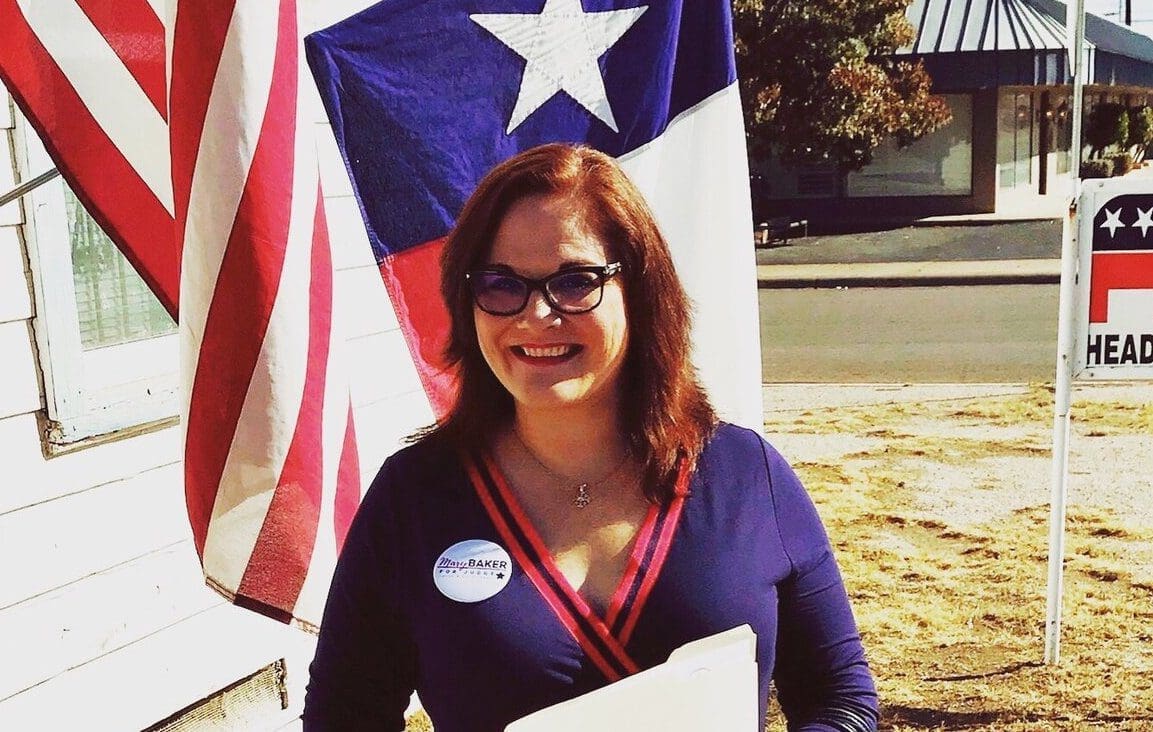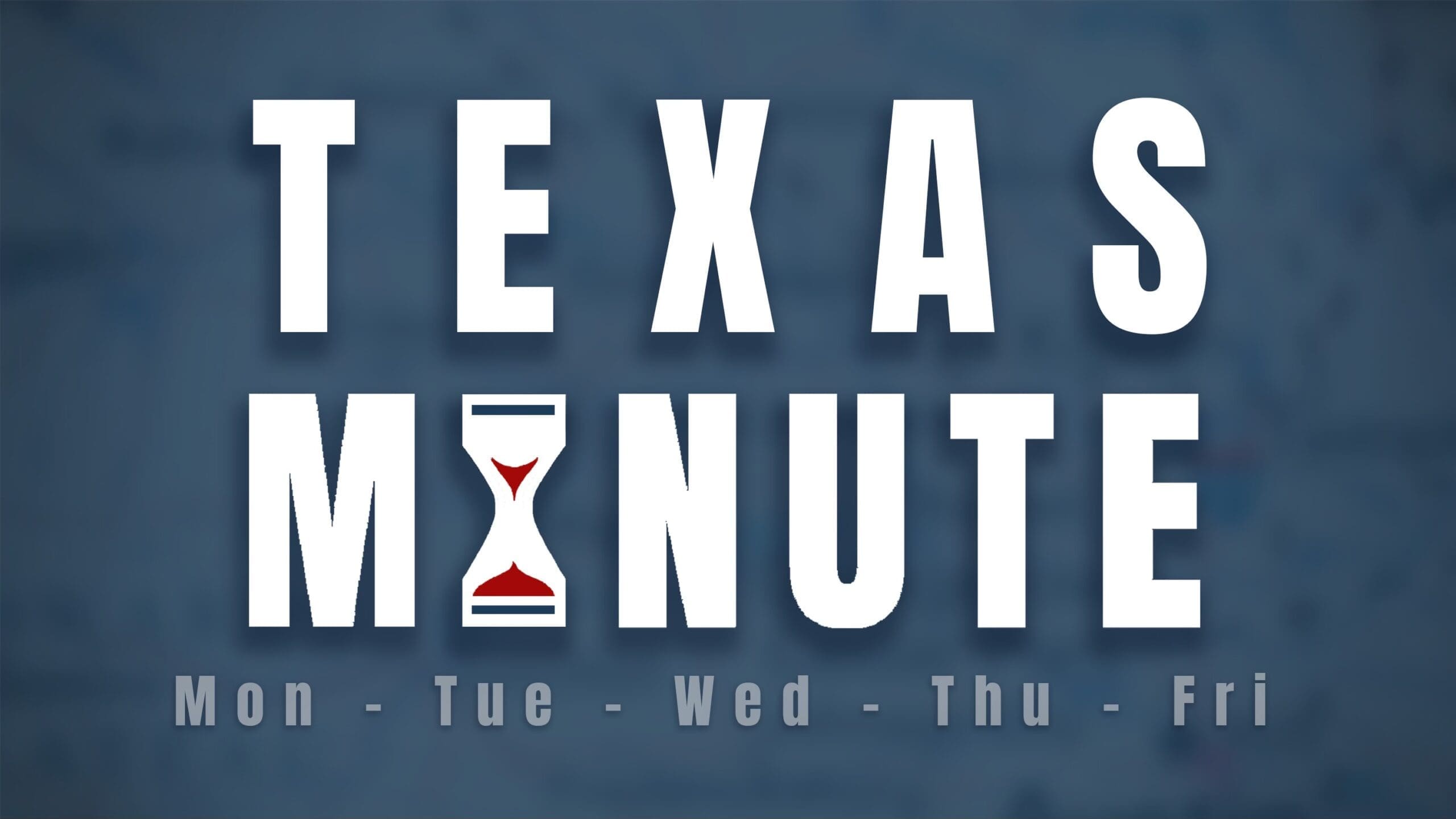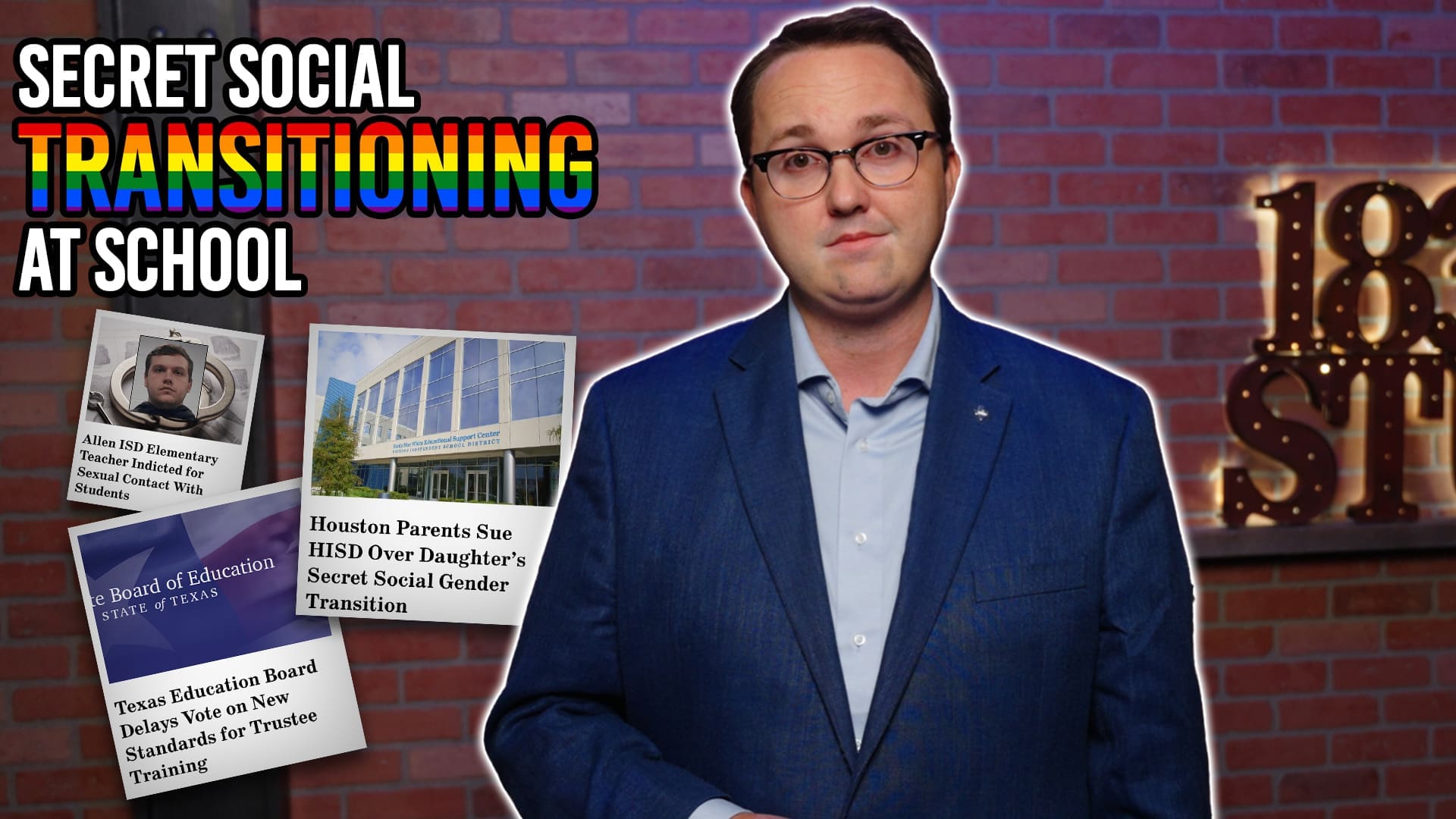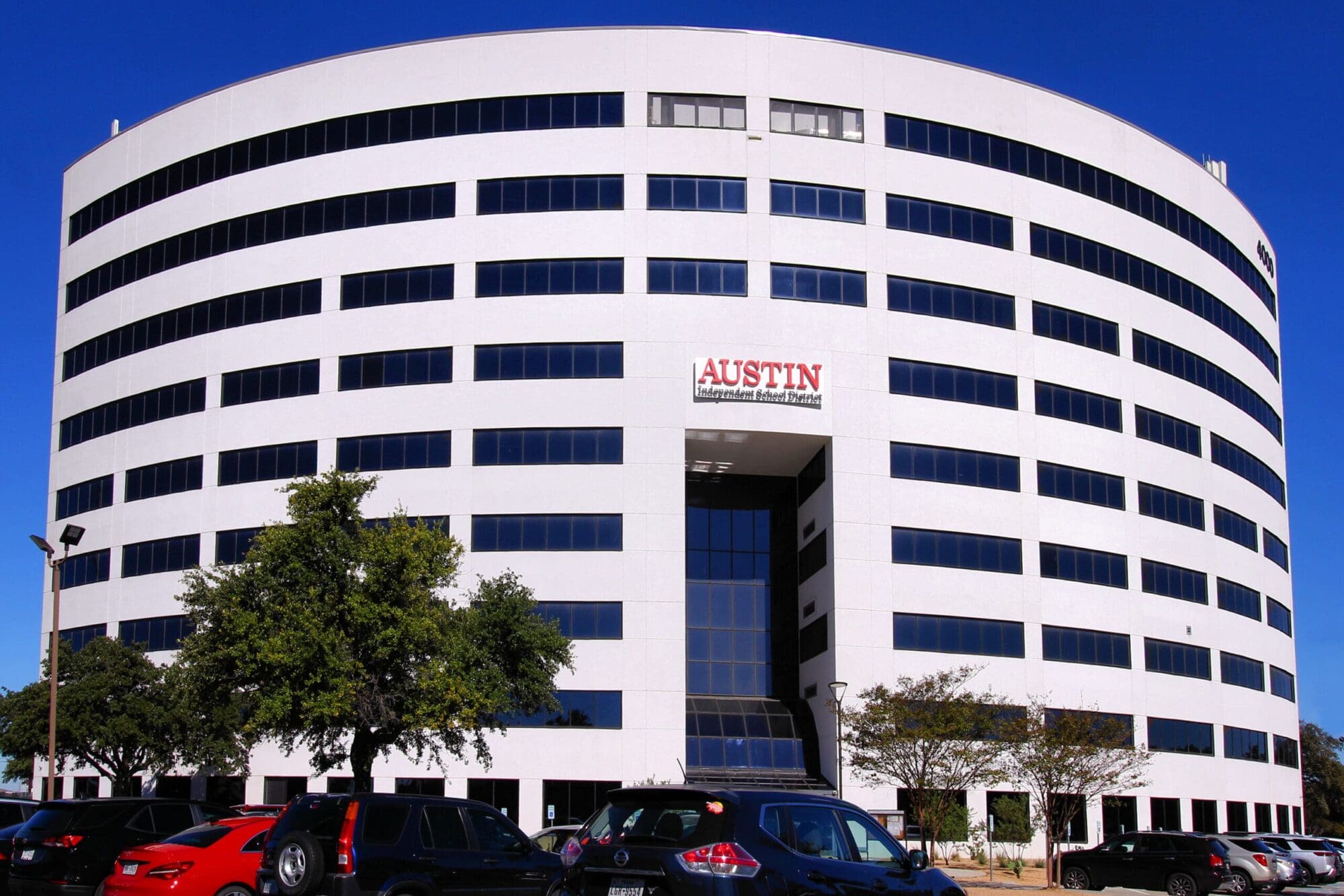With the July primary runoff elections rapidly approaching, two candidates hope to gain the Republican Party’s nomination to be the next judge of the 142nd State District Court in Midland County.
Midland attorney Mary Baker is one of those two candidates, having finished second in the three-way March primary with 7,943 of the 19,431 votes cast in the race. She now faces attorney David Rogers for the final nod of the voters. The winner will be unopposed in November.
Texas Scorecard sat down with Baker to discuss her candidacy and what makes her uniquely qualified for this office.
A graduate of Texas Tech School of Law, Baker and her family have called Midland home since 2007 when she received a federal clerkship under United States District Judge Robert Junell.
After working as a briefing attorney for four years, she shifted gears during the height of the oil boom. Baker became a partner at the law firm of Hinkle, Hensley, Shanor & Martin, where she practiced complex oil- and gas-related litigation and title examination law. She then went into private practice.
Since 2018, Baker has practiced civil litigation with Lynch, Chappell & Alsup in Midland. She’s invested her spare time serving on a variety of local nonprofit boards and organizations.
“My intention in running is to get in and attack the backlog,” Baker said, noting that while a backlog existed before the coronavirus-related closures, the pandemic made things worse for the 142nd District Court’s docket.
After reaching out to the district clerk and court coordinator to research the status of cases pending before the court, Baker said she was surprised to find that neither could easily provide her with the basic information she was seeking.
Baker says she wants to be able to put an actual number on the case backlog and provide a simple spreadsheet containing basic, necessary information regarding pending cases. Not only will this benefit the public by providing transparency, she says, but most importantly, it will help attorneys in advising their clients.
Baker added that constitutional issues arise when cases age, such as evidence getting stale or other fairness-related problems. With civil cases, people are negatively impacted in many ways when litigation lingers for years, she said, giving an example of a case that remained in the court system for roughly a decade.
“And those are the cases where I go, ‘OK, somebody’s got to run.’ Someone has got to do it,” she said.
Baker explained that courts play a significant role in moving a case along by keeping track of cases and nudging attorneys so the docket doesn’t stagnate. For reference, Baker pointed back to her experience in the federal courts.
“The federal courts are not good about everything; actually, the federal government is not good about a lot of things, but the court system, in general, is reliable,” Baker said. “You can obtain rulings because they have a document management technique, and I would like to institute some of the things I learned, such as a semi-annual review of pending cases.”
When asked about oil and gas litigation, Baker pointed to her experience practicing energy-related law and said she expects the number of post-COVID filings to increase, but overall, the percentage of cases may not be a large portion of the docket.
Baker describes her judicial philosophy as conservative. “I’m very much for upholding the Constitution,” she said.
“I have absolutely no intention of being what they call an activist judge. I do not think that is the correct place of a judge,” she said. “The third branch of government is not there to make law; that is the purview of the legislature. If you don’t like the law you are bringing to my court, go talk to your legislator.”
Baker said her judicial role model isn’t as conservative some other notable judges, but she likes former U.S. Supreme Court Associate Justice Sandra Day O’Connor because her opinions were well-reasoned.
“Her orders were researched,” she said. “You knew where she was coming from, and there was no question why she did what she was doing. ‘Transparent,’ I guess, would be a good phrase for it.”
“I want voters to know that the civil cases handled in Midland have importance,” Baker said in closing.
“For a long time, we’ve been voting on judicial candidates with criminal law background, which means our courts have judges with strong criminal law experience. But we also need some jurists with a strong civil litigation background. We have to understand the importance of civil litigation to our economy and the role it will play, or else we will pay the consequences for years to come.”
Early voting for the July 14 runoff election begins on June 29.





